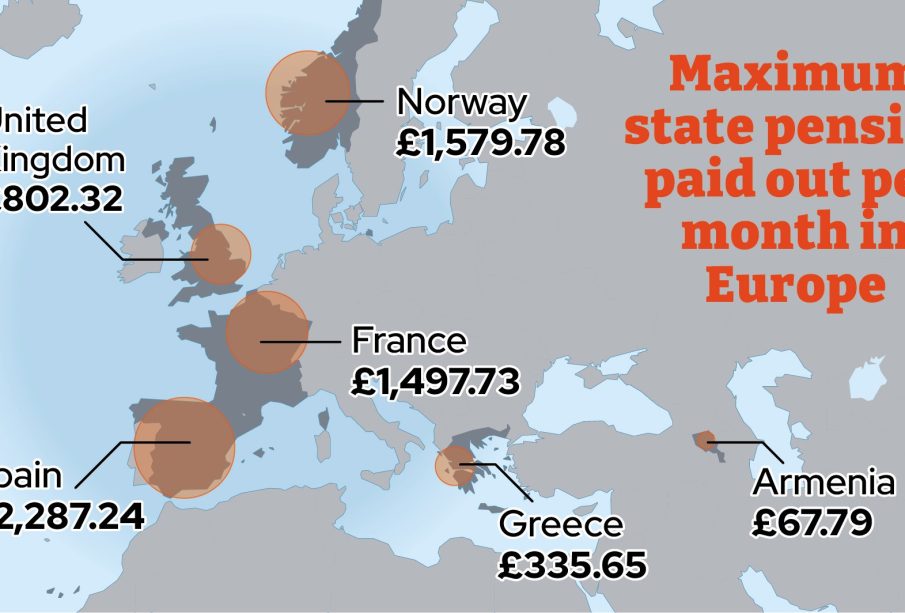Understanding the State Pension in the UK: Key Facts and Updates

Introduction to the State Pension
The State Pension is a crucial component of the UK’s social security system, designed to provide financial support to individuals during retirement. As millions of Britons approach their retirement age, understanding the State Pension’s relevance is vital. With recent reforms and changing rates, it is essential for current and future retirees to be well-informed about how this scheme works and what benefits they can expect.
Current State Pension Rates
As of April 2023, the full new State Pension amount is set at £203.85 per week for those who have made National Insurance contributions for at least 35 qualifying years. This new State Pension was introduced in 2016 and aims to be a fairer and simpler system compared to its predecessor. For those with fewer qualifying years, the amount decreases accordingly, potentially leading to financial uncertainty for some retirees.
Impact of Reforms
Over recent years, the government has made several significant reforms impacting the State Pension. Notably, the State Pension age has gradually increased, with the current threshold being 66 years for both men and women. Plans are underway to further raise this age to 67 by 2028, which may affect thousands of future retirees relying on State support. Critics of this change argue that it disproportionately impacts those in physically demanding jobs or individuals with health issues.
The Future of the State Pension
Looking ahead, the sustainability of the State Pension is a pressing concern, especially with the nation’s ageing population. The government has committed to reviewing the State Pension regularly to ensure its viability, and the outcome of these reviews may lead to adjustments in rates. Additionally, the potential introduction of a ‘triple lock’ guarantee, which secures increases in the State Pension in line with inflation, wages, or at least 2.5 percent, could further shape its future landscape.
Conclusion
For those nearing retirement, understanding the intricacies of the State Pension is essential for financial planning. As the government continues to evaluate and adjust the current system, retirees and future contributors alike must stay informed about how these changes may affect their income during retirement years. The effective management of one’s pension contributions now can make a significant difference in the future, ensuring a financially stable retirement.








